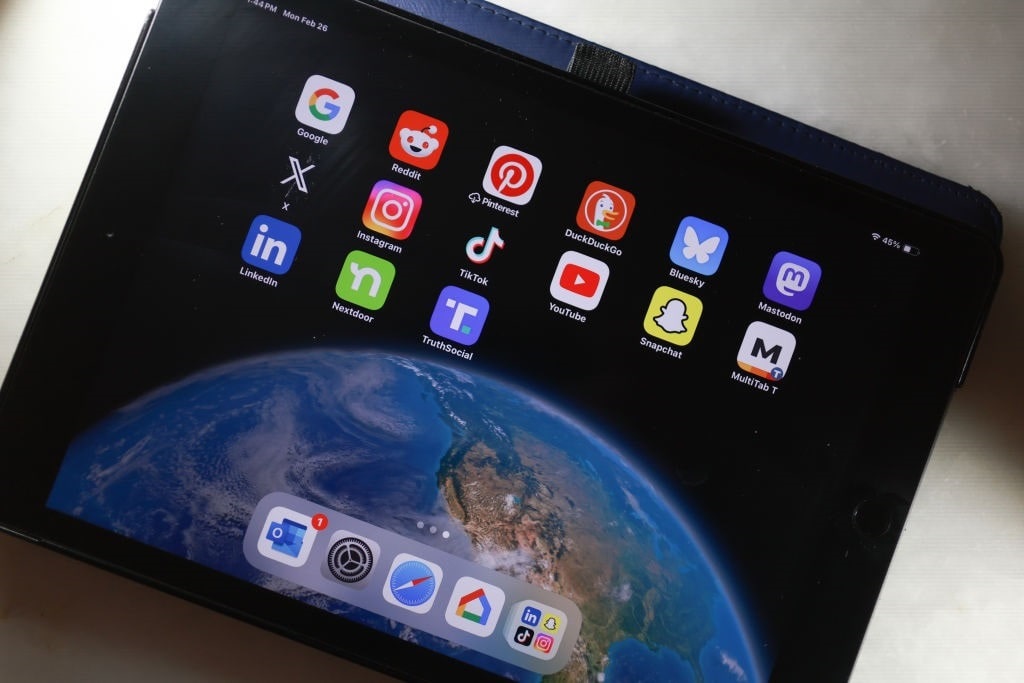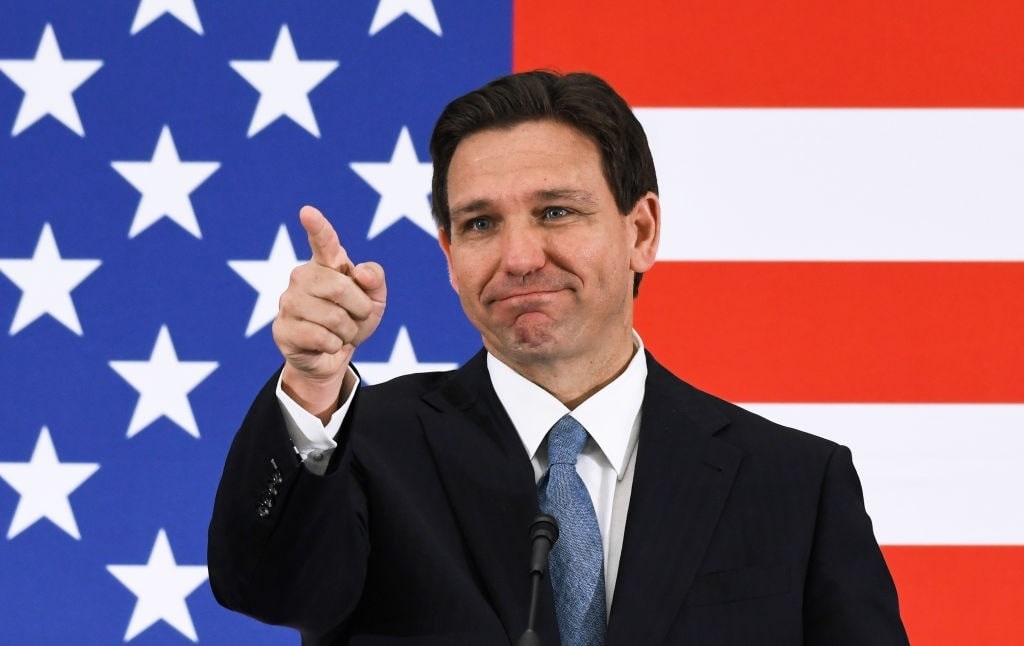While social media can be a good venue to find and connect with relatives and friends, it has been accused of everything from censorship to promoting specific agendas, from hyper-political to illegal, such as platforms that host predators searching for underaged children. That is one of the reasons Florida recently banned kids under the age of 14 from using these services. The move has caused upset on both sides of the aisle.
Florida Social Media Ban
On March 25, Republican Gov. Ron DeSantis signed HB 3, which prohibits children 13 and younger from accessing social media platforms that have “addictive” qualities. Teens 14 and 15 can have accounts as long as they have parental approval. Although the Florida bill does not name particular companies, it calls out platforms that allow “infinite scrolling,” reactions such as likes, and autoplay videos, live-streaming, and push notifications. Websites and apps that function to provide messaging, texting, or emailing between a sender and recipient are exempt.
 “Social media harms children in a variety of ways,” DeSantis said. “HB 3 gives parents a greater ability to protect their children.” The governor vetoed the earlier version of the bill, HB1, because it was too strict, preventing children 16 and younger from access to the services.
“Social media harms children in a variety of ways,” DeSantis said. “HB 3 gives parents a greater ability to protect their children.” The governor vetoed the earlier version of the bill, HB1, because it was too strict, preventing children 16 and younger from access to the services.
It will be interesting to see how local government will monitor and enforce the new bill. Apparently, platforms that do not remove accounts of Florida children already established, or respond within a few days to parents’ requests to do so, could face a $50,000 fine. And that’s per violation, which could get mighty expensive even for social media giants. Also, if a parent requests an account to be deleted, and the company fails to act, it could be fined $10,000.
The state of Florida’s Republican House Speaker Paul Renner made this piece of legislation, which goes into effect Jan. 1, 2025, his top priority. During a bill-signing ceremony at a Jacksonville school, he said:
“A child in their brain development doesn’t have the ability to know that they’re being sucked into these addictive technologies and to see the harm and step away from it, and because of that we have to step in for them.”
Critics argue the bill violates the First Amendment. NetChoice, in particular, spoke out against it, saying that HB 3 will essentially impose an “I.D. for the Internet on any Floridian who wants to use an online service – no matter their age.” They claim that parents will have to provide information to verify they are responsible for the minors and they themselves are of age. “HB 3 will make the problem worse by in effect requiring I.D. for the Internet, making businesses collect more – not less – of all Floridians’ sensitive, personal data,” it explained.

(Photo illustration by Joe Raedle/Getty Images)
However, Renner argued against NetChoice’s accusation: “You will not find a line in this bill that addresses good speech or bad speech because that would violate the First Amendment. We’ve not addressed that at all. What we have addressed is the addictive features that are at the heart of why children stay on these platforms for hours and hours on end.”
Supporters of the bill claim social media is responsible for adding to stress, anxiety, and even suicide among the young. Science News reported that there is a link “between teen social media use and reduced well-being or mood disorders, chiefly depression and anxiety,” despite Meta (Facebook) CEO Mark Zuckerberg, saying during a congressional hearing, “The existing body of scientific work has not shown a causal link between using social media and young people having worse mental health.”
Jessica Leigh Hamilton, Ph.D. – in a Psychology Today article titled “The Messy Truth About Teen Social Media Use and Suicide Risk” – said, “Social media is associated with risk for having suicidal thoughts for teens who experience cyberbullying.” She did, however, qualify her statement by saying there is not yet enough research on social media and suicide to determine whether teen use of the platforms “contributes to suicide risk, or whether youth who are already at risk are using more social media.”
The fight to protect kids from social media exposure has been going on for a while. In December 2023, more than 200 organizations sent a letter to Senate Majority Leader Chuck Schumer (D-NY), urging him to vote on the Kids Online Safety Act, which would create liability for platforms and apps that recommend content to minors.
Florida is not the first state to restrict social media platforms. In March 2023, Utah adopted laws that regulate children’s access. California introduced a similar bill in January 2024, and Arkansas and Ohio have measures that are on hold due to legal challenges.
“The internet has become a dark alley for our children where predators target them and dangerous social media leads to higher rates of depression, self-harm, and even suicide,” Renner said, adding, “Thanks to Governor DeSantis’ signature, Florida leads the way in protecting children online as states across the country fight to address these dangers.”
Still, critics complain that government is stepping in where it shouldn’t, claiming parents should be responsible for monitoring and regulating their child’s use. So is all this violating free speech or protecting children? This will likely be the key point in future challenges to HB 3.




